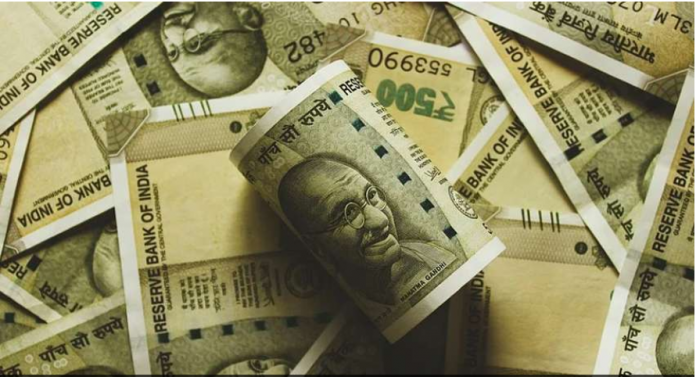FD v/s RD: In today’s time most of the people want to invest their capital at the right place so that they can raise a substantial amount for the future. You will get many options for investment in the market. However, before investing, you should study the available options and compare them. After that invest your money in whatever you like best.
Term deposits are very famous in our country and most of the people prefer to invest in RDs, FDs as it gives you a fixed return irrespective of the volatility in the market. Both Fixed Deposit and Recurring Deposit can be started from any bank or financial institutions. Tenure can be fixed at the time of opening these accounts.
Let us look at some of the salient features of FD v/s RD:-
1. Investment Amount
If a person has a lump sum amount then he can invest in FD i.e. Fixed Deposit. On the other hand, if a person is not able to arrange a lump sum amount and he is able to deposit a fixed amount at a fixed time, then the option of RD will be best for him. Let us tell you that RD is a great option for salaried people and people with low income.
2. Duration
The tenure of FD can be from 7 days to 10 years. Apart from this, the individual can also choose the tenure of the FD according to his need. In the case of RD, the minimum tenure is 6 months and RD account can be opened for maximum 10 years.
3. Interest Amount
At the time of maturity, the interest paid on FD is more than the interest on RD.
4. Interest
Interest on FD is credited on quarterly or monthly basis or on maturity. The same, interest in RD is available at the time of maturity.
5. Loan facility
In this case both FD and RD are equal. Any person can take a loan against it up to 90% of the amount deposited in FD or RD account in case of emergency need of money.
6. DEFAULT CLAUSE
In case of FD investment, no person can ever be in default because in this a lump sum amount is deposited by the investor at the very beginning. On the other hand, if a person does not pay the installments in the RD account for 6 months, then the bank has the right to close such RD account.
(Note: Take the information given in this article as information only, before taking any investment decision, please consult your advisor.)


